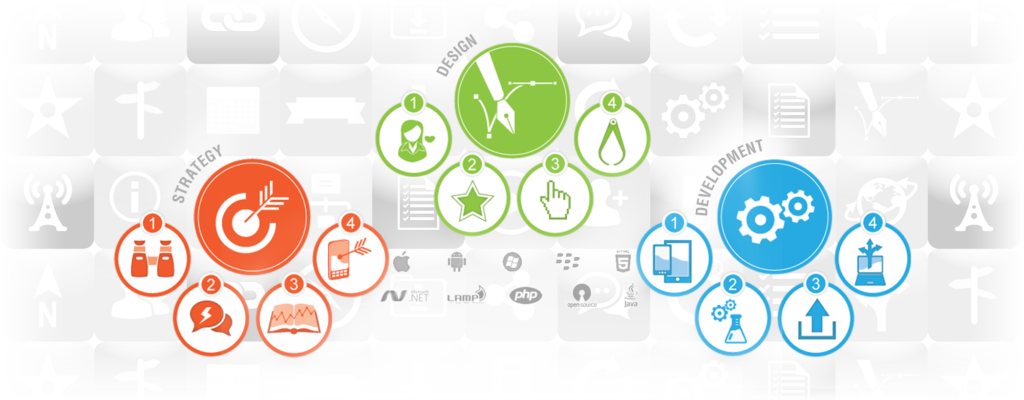
If you’ve been in the commercial industry for a considerable time, you’d be familiar with the terms ‘business tools’. At present, with the use of technology, many individuals have come across various instruments, systems, etc. These systems have been derived on the core concept of automation of company procedures. Hence, allowing the management to invest and make enhanced decision regarding deals, merges, customer needs, etc. With that said, if you’re in search of these tools, you’d be able to find plenty online, which could be used immediately. On the other hand, there are advanced programmes for large and complex enterprises. One of the popular systems is known as ERP.
ERP is commonly known as enterprise resource planning, which acts as a central hub, connecting all departments. As a fact, the management could keep track, add, change and eliminate data of the business. There are several programmes, which are namely; CGram, Accpac, COA Solutions Ltd, etc. However, all of it wouldn’t suit companies. Here are some pros and cons to think about, when selecting a programme:
• Advantages
There are many benefits that companies could experience from implementing ERP and accounting ERP software;
It’s a practical solution that connects all the operations of the department to a central unit or cloud.
Also, it supports in communicating, sharing, retrieving and accessing information across various divisions of the firm.
Additionally, the collective function through the system enhances levels of company performance and productivity.
Due to collaboration of work and projects across the divisions, it would be useful in keeping records of work and forecasts.
With faster and efficient operations, it helps increase the customer support and in turn customer satisfaction.
• Disadvantages
There are several drawbacks that companies should consider, prior to investing on a system for human resources, supply chain software, etc.
Of all the drawbacks, these systems are quite costly, depending on the size of the company.
Moreover, if the company has complex operations, large, customer base, etc. planning and implementing takes longer time.
Takes additional investment and time in training of management and staff to shift and adapt to the new system.
If the company wishes to change policies, projects, etc. some programmes might not be suitable and adapt to the change.
Without a doubt, every type of service or product sold in the market has positives and negatives of it. For that matter, it would be best to examine and ponder over the above. As a fact, you’d be able to select a system that fits with the company profile and requirements. Therefore, consult with a professional, specialized in ERP solutions.